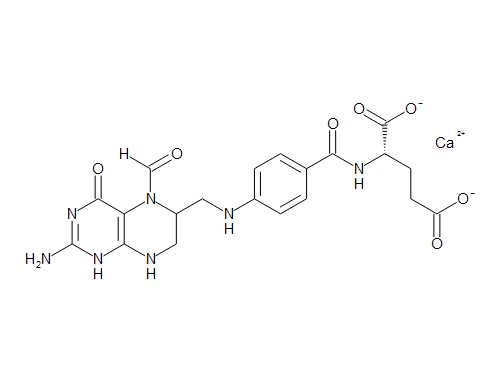Several studies using animals have found that there may be a link between vitamin d deficiency and autism, but the results aren’t conclusive, and anything substantial is still some distance away.
Over the last decade, scientists around the world have been researching and discovering a variety of different uses for vitamin D and what a lack of vitamin D could be doing to us. An animal study published in the Society for Endocrinology established a possible link between a mothers diet and the behavior of her children. Mothers who lack vitamin D in their diet could be passing on possible behavioral problems to their children.
Before the early 90s, there wasn’t a lot known about vitamin D. During the 1990s scientists learned that almost all tissues and cells in our bodies have receptors which are engineered to attach to molecules of vitamin D. Evolution proves that we evolve and change for very specific reasons. Scientists in the 90s started to put the pieces together and started to investigate why those receptors and vitamin D act the way that they do. A report published in 2014 has found that over 137 different countries have a problem with a lack of vitamin D.
Scientists fed two groups of rat’s separate diets. One group were fed with a diet that contained high levels of vitamin D; the other received a diet lacking vitamin D. Scientists then studied the young of these two separate groups. Baby rats, just like baby humans, rely on the mother’s stores of vitamin D. The report found that the different groups of baby rats had very different behavioral patterns. The rats which had been fed with a low vitamin D diet had different social behavior and showed differences in memory and learning tasks compared to the rats which had a high vitamin D diet.
The findings are early, with only preliminary tests being undertaken so don’t rush out and start buying up all the vitamin D that you can find. There have also been studies done which show negative results for those that utilize too many vitamins in their prenatal diets. As always, it’s important to speak to your healthcare professional before changing your diet.






